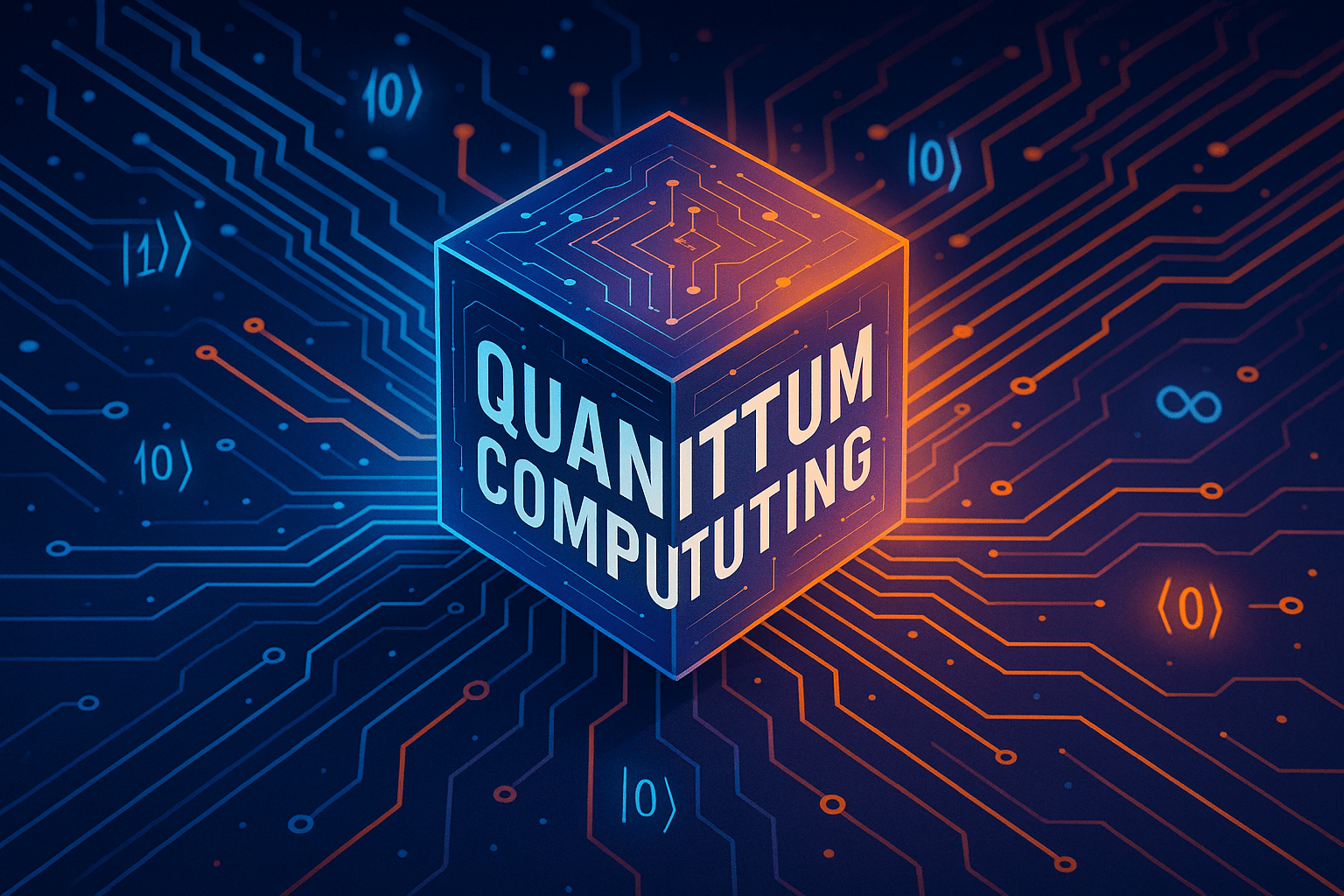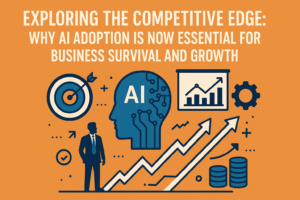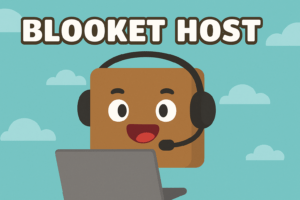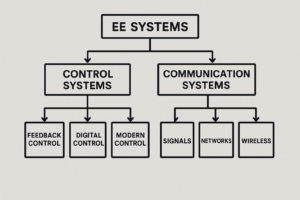The first time I tried to read about quantum computing, I gave up. It wasn’t that I wasn’t interested—I was. But every sentence felt like a puzzle. Superposition? Entanglement? Qubits? I stared at the words and they stared back, silently daring me to keep going.
So I stopped trying to “get” it like a textbook. I started trying to feel it—why it exists, what it changes, and what it might mean for people like us. And somewhere along the way, quantum computing stopped being a confusing term and started feeling like something bigger. A question. A possibility.
What Makes Quantum Computers So Strange?
Here’s what finally helped it click for me. A regular computer—your phone, laptop, the thing you’re probably using to read this—is like a very fast light switch flipper. It flips switches on (1) and off (0), millions of times per second. That’s how it processes everything: yes or no. On or off.
But quantum computing? It doesn’t just flip switches. It lets them hover. A quantum bit, or qubit, can be both 1 and 0 at the same time. That’s called superposition. It’s like asking someone if they want coffee or tea, and them answering “yes.”
Then there’s entanglement. If you entangle two qubits, they’re linked. Change one, and the other changes too—even if they’re on opposite sides of the world. That’s not science fiction. That’s quantum mechanics. It’s weird. But it’s real.
So… Why Do We Need This?
Because some problems are just too massive for regular computers. Not just hard—impossible. Like trying to simulate how a new drug will work inside the human body, or modeling the exact way global weather systems interact. Or cracking modern encryption (which is both exciting and a little terrifying).
Quantum computing can explore these problems not by doing one calculation at a time, but by exploring a range of possibilities all at once. It’s like being able to try every key on a giant ring simultaneously instead of one by one.
And that opens the door to new medicines, better batteries, faster logistics, smarter AI—and things we haven’t even imagined yet.
But It’s Not Ready—And That’s Okay
Here’s the honest part. Quantum computing isn’t “done.” Not even close. These machines are hard to build, harder to maintain, and prone to errors. A gust of air or a bit of heat can throw off calculations.
Right now, most quantum computers are huge, noisy machines that only a few people in the world can actually use effectively. But that’s where all big things start—in labs, with messy first attempts.
Think of the first airplane. It didn’t cross oceans. It barely got off the ground. But it changed how we saw the sky. Quantum computing is like that: still finding its wings, but already pointing to the stars.
The People Behind the Machines
One thing I never expected to learn was how emotional this field is. The physicists and engineers working on quantum computing don’t just see machines. They see questions. What is reality? How do we process possibility? Can two things exist in two states at once—and what does that mean for how we live?
You’ll find researchers who talk about their work like poets. Who speak about entanglement as a kind of invisible connection between ideas, not just particles. Quantum computing doesn’t just demand intelligence. It asks for imagination.
What It Might Mean for the Rest of Us
No, you won’t be buying a quantum laptop anytime soon. But that doesn’t mean this won’t change your life.
Maybe the medicine your doctor prescribes will have been discovered with the help of quantum modeling. Maybe your city’s traffic lights will run on quantum-optimized routes. Maybe your future streaming service will use quantum algorithms to recommend stories that feel eerily perfect.
Or maybe—just maybe—you’ll find yourself thinking differently. Less certain. More curious. More comfortable with complexity.
Quantum Computing Feels Like the Future Because It Is
I still don’t understand everything about quantum computing. I’m not sure anyone does—not completely. But maybe that’s the point.
It’s not just about what we can build. It’s about what we’re willing to imagine. And if quantum computing has taught me anything, it’s that the world is bigger, weirder, and more beautiful than binary code.
And that sometimes, the best questions are the ones that don’t have just one answer.




